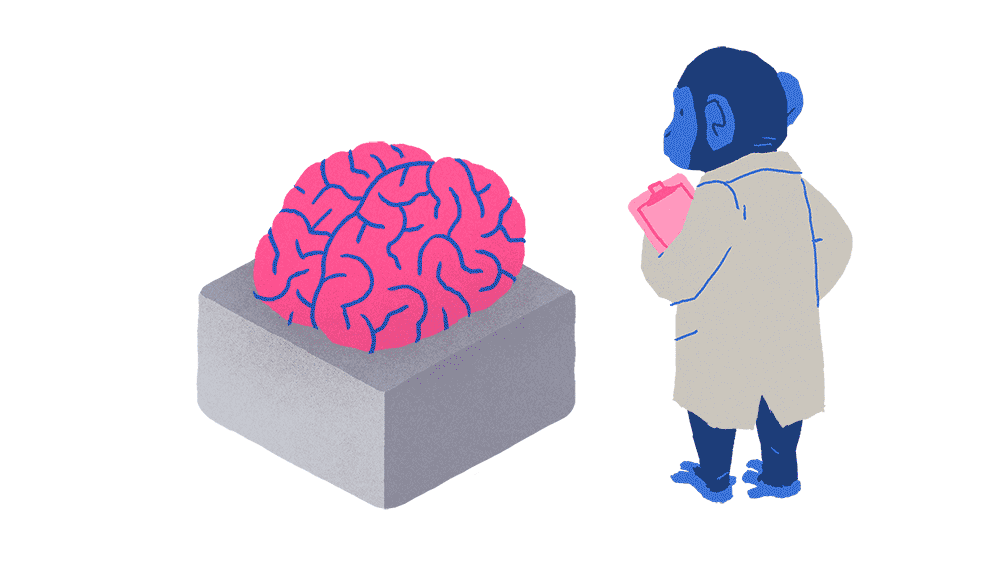The Brain fitness S.E.N.S.E Model
If you want to know how to keep your brain fit, happy and healthy, then this article is for you.
By investing a small amount of time and effort, you can enjoy improved brain health and function.
You can improve your mental performance and long-term brain health. You can also improve the lasting ‘plasticity’ of your brain, i.e. your brain’s natural ability to learn and develop.
Research has found there are five key aspects to improving brain fitness and flexibility, an easy model to help you is the SENSE Model (Dobson, 2013).
Stress management
Exercise
Nutrition
Sleep
Experience
Let’s break them down one by one;
Stress
Have you ever noticed how your attention, memory or decision-making suffer when stressed? It’s because of your ‘fight or flight’ response. Under stress, as your heart rate increases and adrenaline and cortisol production increase, you become more primed for fighting – and less primed for thinking. This helped our mammalian ancestors escape trouble but are often unhelpful for us as our threats are often no longer physical. Managing stress helps you maintain focus and concentration and improves your long-term brain health. One of the best ways to de-stress is to practise meditation.
Recommendation: Meditate at least three times a week. Go to BrainWorkshops Audio or try meditation apps such as Headspace. Make time to relax, regulate your breathing and have regular breaks.
Excercise
As you engage in physical exercise, blood flow increases to your brain, and with it comes glucose and oxygen. There is perhaps no surprise then, that exercise boosts cognitive performance. Exercise also results in an increased production of BDNF (brain-derived neurotrophic factor), the protein needed for brain plasticity (your brain’s capacity to ‘learn’). Regular exercise is also probably the single most effective way to reduce your chances of dementia and rate of cognitive impairment as you age.
Recommendation: Move more, stretch, walk more. Exercise every day with harder intensity sessions 3 x per week. Try a 7-minute workout.
Nutrition
What you choose to eat and drink has a big impact on your mental health – and even your brain function. Deficiencies in certain nutrients have been associated with impaired memory and cognitive performance, and dehydration can also cause concentration to suffer. Recent research has also highlighted a strong correlation between diabetes and Alzheimer’s disease (leading some to reclassify Alzheimer’s as type 3 diabetes).
Recommendation: Take more: Vitamin B6, B12, K, Magnesium, Omega 3 (vegetables, cereals, nuts, fish, seafood, berries, kale, pumpkin seeds, hemp seeds, sunflower seeds, herbs). More water. LESS sugar!
Sleep
We all know how tiredness can affect our performance. It’s not just sluggishness that is the cost, but our memory suffers too; sleep is known to play a significant role in consolidating memories. It’s recently been discovered that your brain is ‘washed’ of neural toxins while you sleep, and this may help explain why chronic sleep deprivation can have a severe effect on brain health and even result in the loss of brain cells over time. Research suggests that we need no less than 6 hours of sleep a night; otherwise, your performance will suffer.
Recommendation: Get approx 7-8 hours of sleep a night. Once a week, do a ‘Mind Sweep‘ to prevent an overactive mind from keeping you awake.
Experience
To keep your brain young and adaptable, immerse yourself in new experiences. By embracing the unfamiliar and continuing to learn new skills, your brain will remain young and adaptable
. The lasting ‘plasticity’ of your brain depends on the regularity with which you challenge it. You may wish to learn a new language or instrument (both are amazing for your brain) or just become more curious – walk home from work a different route. Socialise too – it is not only good for your emotional well-being, it’s also good for your brain.
p.s. If you want to learn more about the brain and how to keep it happy and healthy, then have a look at our Mental Fitness and Wellbeing course.






